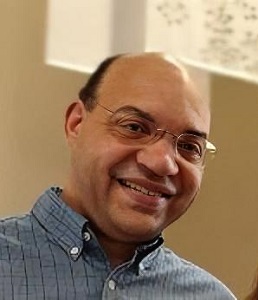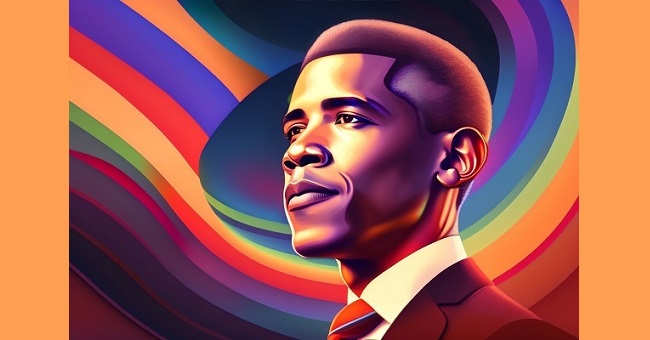
Good morning. My name is Antonio Ciolino; I’ve been a member of Heritage for six years.
Barack Obama once said: “I didn’t always know about Juneteenth… It wasn’t taught in my school. But over time, I came to know its story… and how it represents a journey: a journey from hurt to healing, from a painful past toward a more hopeful future. It’s a reminder of where we come from and the progress we’ve made.”
I, like Barack Obama, didn’t know about Juneteenth. It wasn’t taught in my school. And similarly, as I’ve learned more about it, I learned that it is the start of a long journey, a journey still in progress.
Juneteenth is not only a celebration of freedom, but a testament to the resilience, strength, and unyielding spirit of countless individuals.
Juneteenth is on June 19th. The name is a blend of “June” and “nineteenth.” It was on this day in 1865 that the last enslaved African Americans in the Southern United States were informed of their freedom in Galveston, Texas, more than two years after President Abraham Lincoln issued the Emancipation Proclamation.
But this day is about so much more than the overdue delivery of a message in the farthest reaches of our country.
Juneteenth is the story of courage, of struggle, and ultimately, of liberation.
It’s a story that we continue to tell as we strive to realize the promise of freedom in its fullest sense.
It is a day to honor the bravery, the resilience, and the spirit that fought for and secured freedom for Black Americans.
My own discovery of Juneteenth came relatively late in life, about five years ago. As my childhood family didn’t have roots in the rich soil of Black American history, my learning about Juneteenth was like finding a missing piece of my cultural identity in our country.
I see Juneteenth as both a historical marker and a celebration. Juneteenth is like a separate Independence Day celebration from enslavement, and also a reminder that freedom and equal treatment are still very separate.
It signifies the end of a horrific era of abuse and trauma for a collective portion of our American society.
It represents the struggle to challenge and expose the systemic injustices, the inequality, and the cultural biases toward other human beings.
And it is an opportunity for renewed hope beyond the “color” that is used to divide us as a shared people in America.
Frederick Douglass once said, “If there is no struggle, there is no progress…. Power concedes nothing without a demand. It never did and it never will.”
So, while legal slavery ended over 150 years ago, systemic racism and discrimination persist. Black people are still unsafe in areas of our country.
Cultural programming of society has promoted and benefitted from the negative treatment of Black Americans.
The minimization and degradation of the humanity of Black people is still active in society in many systems today. There may not be physical chains, but in its place other challenges and restrictions exist.
Juneteenth is not just a day on the calendar, but a call for Black voices to persistently challenge systems of power.
It is a testament to our unyielding commitment to raise awareness, dismantle oppressive structures, and affirm the inherent worth and dignity of Black individuals.
This commemoration is not only about acknowledging the strength we’ve forged from our past but also about harnessing this resilience to shape our collective future.
Juneteenth stands as a beacon, illuminating the path towards a more just and inclusive tomorrow. It’s a rally cry for Black Americans, a symbol of our past struggles and a torch lighting the way to our future victories.
Image of Barack Obama courtesy of Antonio Ciolino.

